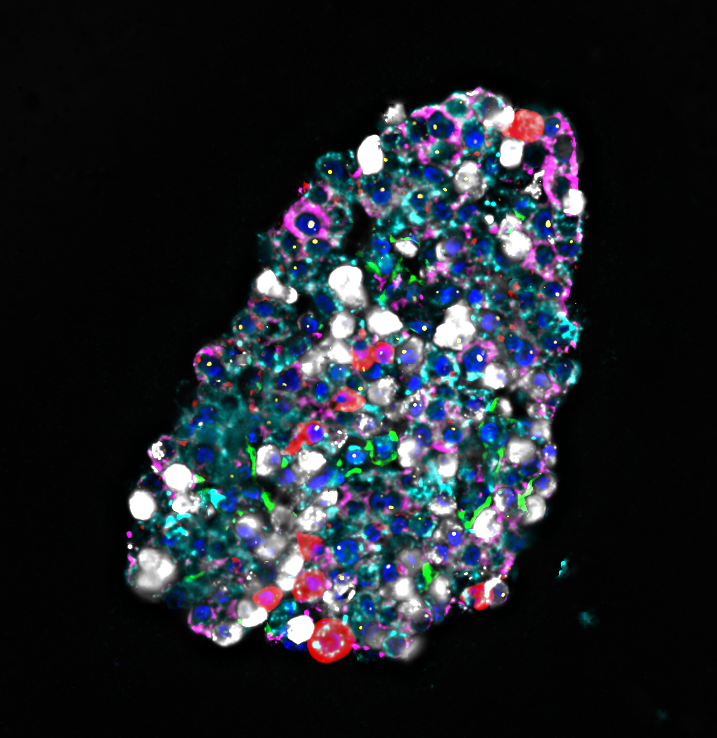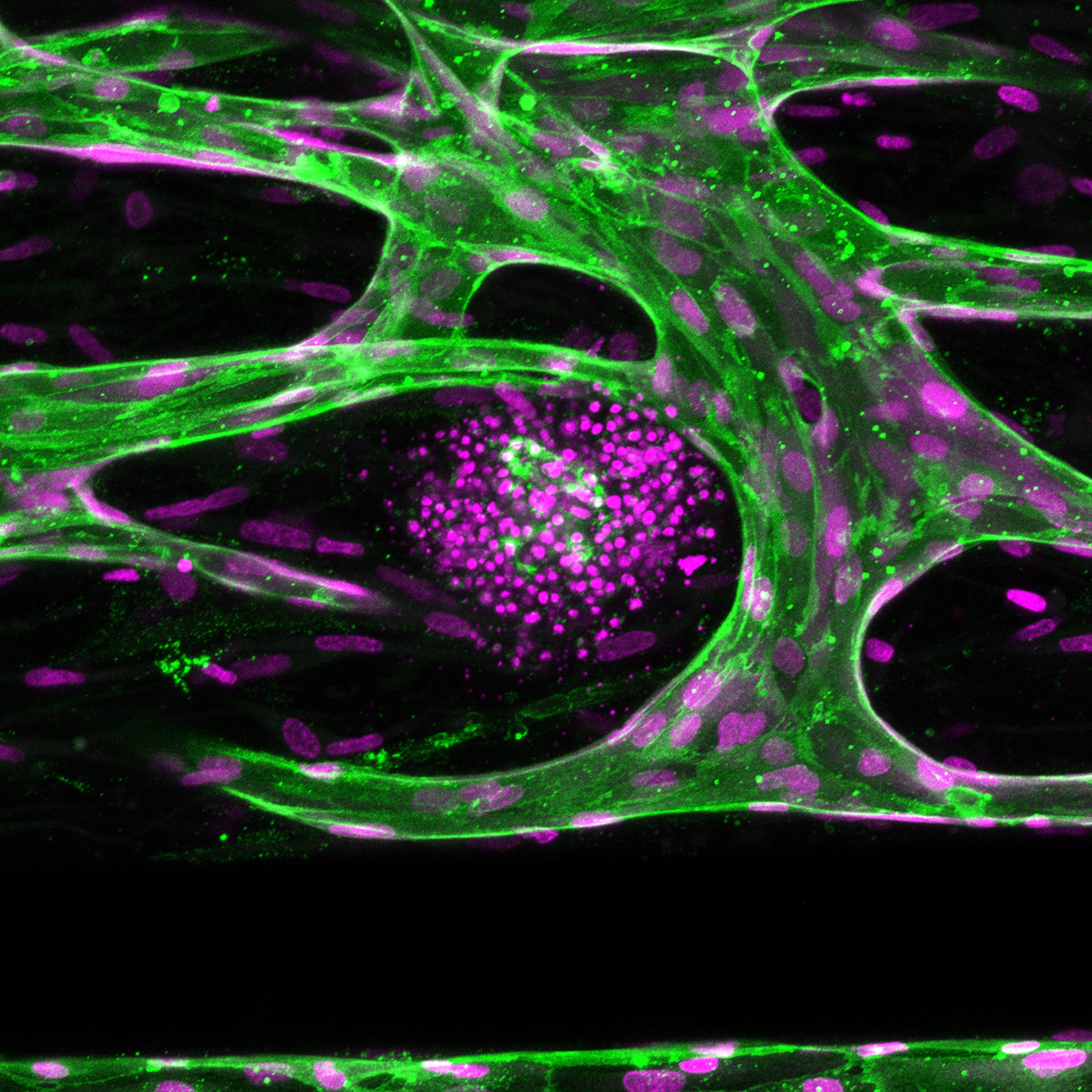HUMAN ISLET RESEARCH NETWORK MISSION
Understand how human beta cells are lost in type 1 diabetes and find innovative strategies to protect or replace functional beta cell mass in people with the disease
Our Research
Supporting Collaborative Research since 2014
The Human Islet Research Network (HIRN) was established in 2014 to help organize and support collaborative research related to the loss of functional beta cell mass in Type 1 Diabetes (T1D). The project consists of five independent research initiatives.
Research Resources
Latest News
HIRN 2025 Annual Investigator Meeting: December 2 – 4, 2025
The HIRN 2025 Virtual Annual Investigator Meeting was held virtually from December 2 – 4, 2025.
Read MoreAssociate Members (December 1, 2025)
In a commitment to advance HIRN’s mission, the selection process was guided by the following: prioritizing early-career investigators, proportionately augmenting membership across consortia, achieving synergy with consortium goals, and strengthening…
Read MoreHIRN: Data Scholars LINK Initiative
Congratulations to Dr. Matthew Ishahak and Dr. Liu Wang on their selection as HIRN Data Scholars Leveraging Multi-Modal Human Islet Research Network Knowledge (LINK) Award Recipients. This recognition highlights their…
Read MoreConsortia
Independent Research Initiatives
HIRN-OPP
Opportunity Pool Projects
The Human Islet Research Network (HIRN) was established In 2014 to help organize and support collaborative research related to the loss of functional beta cell mass in Type 1 Diabetes (T1D). The project consists of five independent research initiatives.







